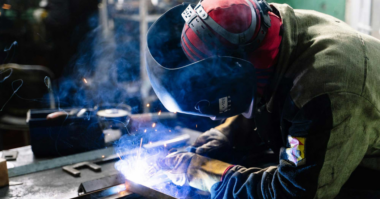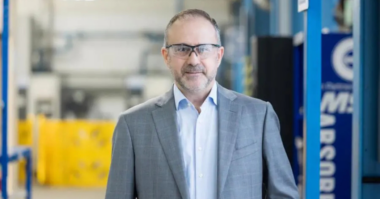No Bull Engineering, PLLC will be offering a week-long rotordynamics training course in April 2017. The course, entitled “Practical Rotordynamics for Real Machinery” will be presented the week of 24 April, 2017, in Charlottesville, Virginia.
The course focuses on three major topics with three expert instructors teaching on the following topics:
- Lateral Rotordynamics – Malcolm Leader, P.E. (President – Applied Machinery Dynamics, MSME – UVa) – Malcolm has long been known as one of the best rotordynamicists in the world and is also well-known for his keen troubleshooting abilities. He has written several dozen papers on these topics.
- Bearings – Dr. Erik Swanson, P.E. (President – Xdot Engineering and Analysis, PhD – Virginia Tech) – In addition to traditional fluid-film bearings, Erik is well-known for his expertise in foil and magnetic bearings. Additionally, Erik is a wizard at using the DYROBES rotor/bearing computer code, which the optional Friday session of this course will be devoted.
- Torsional Vibration – Mark A. Corbo, P.E. (President – No Bull Engineering, MSME – RPI) – In addition to having authored some of the most well-known and best-received papers on the subject, Mr. Corbo currently serves as the Chair for the Torsional section of the API 684 rotordynamics tutorial.
Some of the topics that will be addressed in-depth in the 2017 Spring course include the following:
- Fundamentals/Basics
- Relevance of the various topics (i.e., why do we even care about this?)
- Modeling tips
- Undamped critical speed maps
- Unbalance response analysis
- Rotordynamic instability
- High pressure compressor stability analysis
- Pump rotordynamic considerations
- Fluid-film bearing types
- Tilting-pad bearings
- Specialized bearings (i.e., magnetic bearings, foil bearings, etc.)
- Seals
- Undamped torsional analysis
- Torsional Campbell diagrams
- Variable frequency drives
- Torsional response analysis
- Synchronous motor start-up analysis
- Reciprocating machine torsionals
- Machinery specific considerations
- API specifications and compliance
- Case studies
- Testing
The baseline course, which will cover all of the above topics, will run from Monday through Thursday (24 through 27 April) and cost $2500 per participant. Additionally, an optional in-depth introduction to DYROBES will be presented on Friday, 28 April, at an additional cost of $500 for those who are interested. In addition to the formal sessions, there will be plenty of time for informal interaction with all three instructors, including breaks and catered lunches every day (included with the course fee).
Some of the benefits participants receive from taking this course include the following:
- A greater familiarity with lateral and torsional rotordynamics which would allow you to communicate more effectively with experts in the field.
- A better understanding of the meaning and validity of rotordynamic results obtained from consultants and/or in-house rotordynamic codes.
- A better understanding of the rotordynamic causes of common rotating equipment problems which would assist you when trying to troubleshoot field and test-stand problems.
- A better feel for which system elements play an important role in rotordynamic behavior and which ones have little impact. This would be valuable when evaluating potential design changes.
- An appreciation that rotordynamic analysis can be performed in a practical and timely manner and does not require a “research project.”
- An appreciation for the large role that rotordynamic behavior plays in the reliability of rotating equipment and for the importance of evaluating that behavior in the design stage.
To learn more about the course, please call Mark A. Corbo, P.E., at (941) 896-8174. If you are interested in this subject but are not able to personally attend the course, you may request reprints of the technical papers by contacting Mr. Corbo.
No Bull Engineering, PLLCCorbo, Malanoski, & Associates128 River Enclave CourtBradenton, FL 34212Phone/Fax: (941) 896-8174




